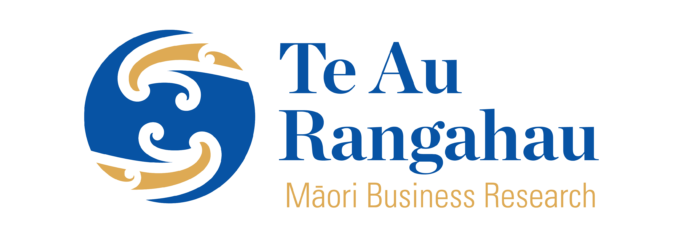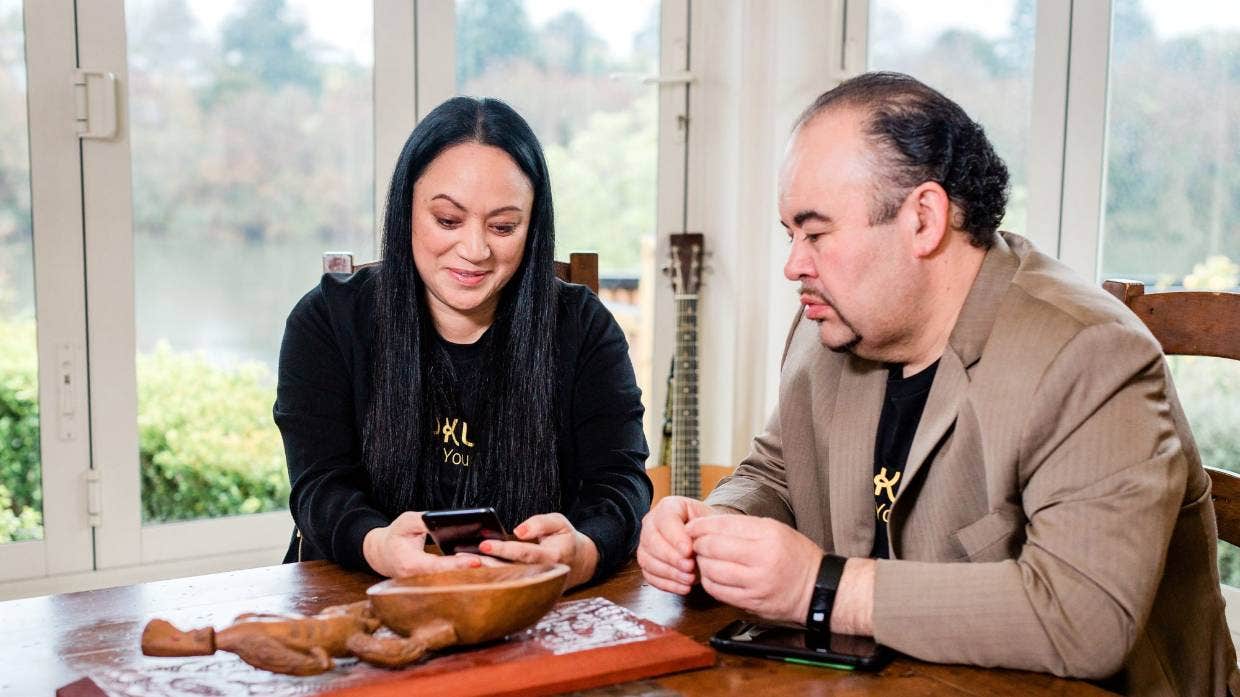A new app inspired by troubles translating a text could set the benchmark rate for te reo Māori translations nationwide.
…
About five years ago, Te Taura Whiri commissioned a research project to investigate the contribution of te reo Māori to the New Zealand economy.
The research was prepared by Matthew Roskruge, Sandy Morrison and Te Kahautu Maxwell through the University of Waikato.
Roskruge is still based in the Waikato but now works for Massey University.
He said the research was prompted by reports such as those for Te Matatini, the national kapa haka competition, where an economic dollar value had been defined for Māori events.
“What our research aimed to do was to get to a dollar figure, to demonstrate what the economic value of te reo was to the country’s economy.
“But we never got to that magical figure, and we ended up talking more qualitative, about how te reo contributes to the economy.”
Roskruge said the researchers had “vigorous debates” on how to “ring-fence” te reo Māori in order to put a value on it.
“I don’t think we ever did or were able to separate te reo Māori from te ao Māori.
“So when we were talking about the economic contribution of te reo Māori, in a way we were really talking about the economic contribution of everything Māori.”
Roskruge said the researchers thought of taking a purist view, looking strictly at the language industry, media industry and a few places where te reo has a distinct and direct input into production.
“But actually nearly everything we do in Aotearoa, where we are taking Māori-led initiatives as new concepts, is influenced or touched in some way by te reo Māori.
“So it was incredibly difficult if not impossible to separate te ao from te reo.”
The other aspect of the research he enjoyed was discovering industries were te reo was an important part of wellbeing and productivity.
“Those are industries like forestry, and others that you might expect like the media, consultants, public policy and education.”
Roskruge said te reo enables Māori participation, it is something that is distinctly New Zealand.
“It facilitates a Māori way of thinking about problems, new businesses ideas and entrepreneurship, it can create a unique New Zealand brand and imagery around our products and processes.”

